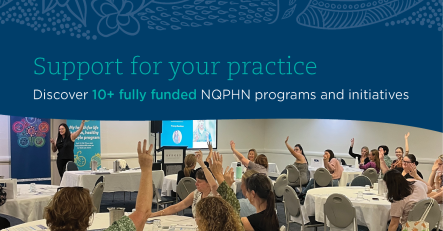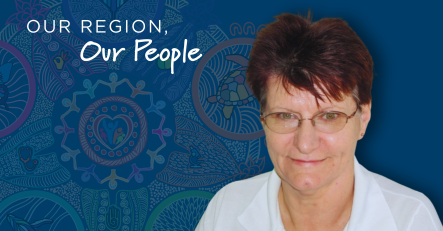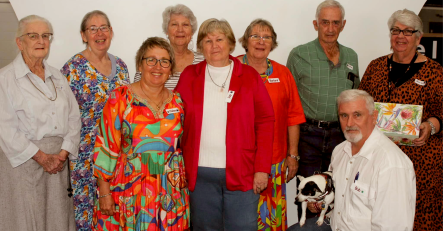Northern Queensland Primary Health Network (NQPHN) is joining other Queensland Primary Health Networks (PHNs) in a key role in the prioritising and planning of the distribution of the General Practitioner (GP) trainee workforce after being awarded a grant through the Australian Government’s Health Workforce Program.
Working with key stakeholder groups across Queensland, the consortium of the seven Queensland PHNs, including NQPHN, will provide analysis and advice on the priority locations for GP training placements to meet current and future GP workforce needs, through the Australian General Practice Training (AGPT) Program GP Workforce Planning and Prioritisation (GP WPP) grant.
This work will make a vital contribution to the future of GP training that will be delivered by the Australian College of Rural and Remote Medicine (ACRRM) and the Royal Australian College of General Practitioners (RACGP) from February 2023.
“The PHNs’ advice will inform the distribution of the GP trainee workforce across our diverse communities across Queensland and support the transition to College-led GP training,” NQPHN Chief Executive Officer Robin Whyte said.
“It will also enable greater visibility of GP training opportunities to support GP trainees to undertake their training in a single region and acquire the skills to meet that community’s health needs,” Ms Whyte said.
“The distribution approach under the College-led model deliberately provides a level of flexibility in how registrar distribution is achieved to ensure that placement decisions support a safe and positive registrar experience”.
The AGPT Program provides full-time, on-the-job training for doctors who want to specialise in general practice and/or rural and remote medicine who can then work as GPs anywhere in Australia. The three to four-year training program offers 1,500 training places each year under a competitive merit-based process. It is delivered by ACRRM and the RACGP.
Ms Whyte said the grant would enable NQPHN to employ a Practice Support and Stakeholder Engagement Officer to provide support and advocate for the needs of GP registrars, supervisors, general practice, and key stakeholders in NQPHN’s footprint, including Cape and Torres, Cairns and Hinterland, Townsville, and Mackay for the delivery of the GP WPP Program.
PHNs will use their well-established relationships with local general practices and stakeholders to map the existing and future GP and trainee workforce in each GP catchment area. A key focus will be for each PHN to map community need against workforce and GP training requirements.
“We will collect data on the current GP workforce, vacancy data, training practice accreditation, capacity, and any retirement and succession plans. This information will be used to provide advice to the Colleges on prioritising AGPT training placements to meet current and future GP workforce needs to match the needs of communities,” said Ms Whyte.
“PHNs are well placed to provide this advice. We’ve supported our primary care workforce and established highly effective stakeholder relationships across the health system since 2015.
“We have deeply embedded working relationships with general practices and have also conducted comprehensive Health Needs Assessments to determine the health and service needs of the population and health care system within our catchment regions.”







